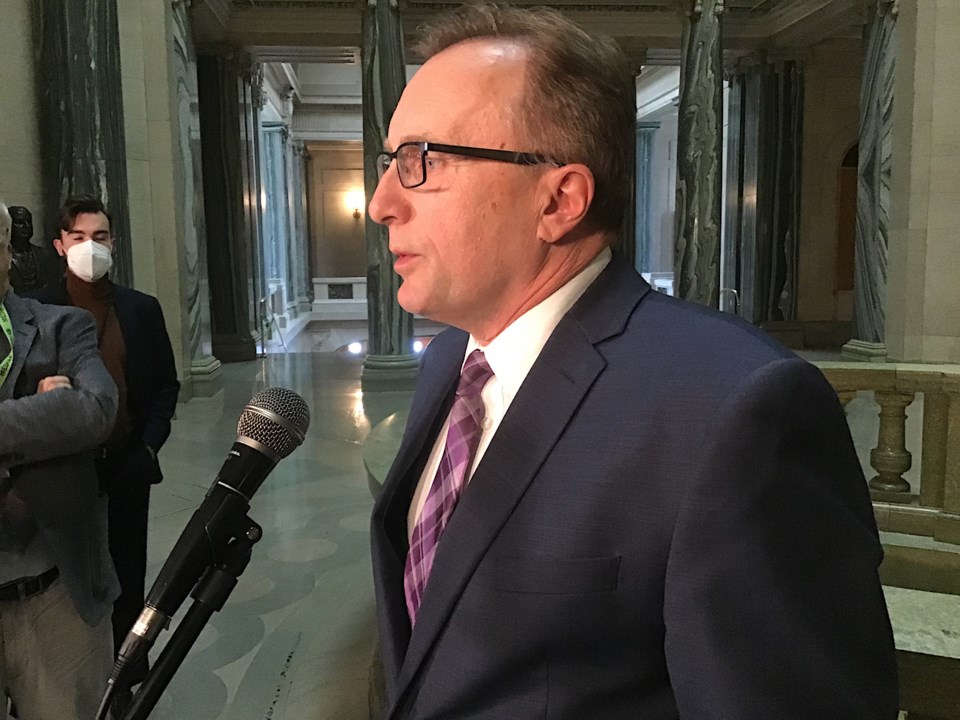REGINA — A bill introduced this week to allow alcohol in public parks gained no traction in the legislature Tuesday, and will likely come back in the fall.
Minister for Saskatchewan Liquor and Gaming Authority (SLGA) Jim Reiter had introduced Bill No. 86 — The Alcohol and Gaming Regulation (Outdoor Public Places) Amendment Act, 2022, Monday.
The amendments would have allowed municipalities or park authorities to regulate consumption of alcohol in their public outdoor spaces and make their own decisions.
During debate Tuesday, Reiter said the change “would allow municipalities, regional park authorities, provincial parks and the governing bodies such as Wascana Park, Meewasin Valley and Wakamow Valley the discretion to designate outdoor public spaces where the consumption of beverage alcohol can occur.”
The government had been looking for unanimous consent for the amendment so the changes to the regulations could be put in place in time for the summer season.
But as was expected, the bill did not get unanimous approval needed for swift passage, as Opposition Deputy Leader Nicole Sarauer moved an adjournment on the bill.
In the legislature Tuesday, Sarauer cited the need to “facilitate further conversations with stakeholders” on the bill.
“… We have been reaching out to stakeholders, specifically municipal stakeholders,” Sarauer said. "Those who have spoken so far have been pretty clear that they want to make sure that this legislative process is done thoughtfully and carefully.”
The adjournment means the current bill will die on the order paper when the session ends this week. However, Reiter confirmed to reporters he plans to reintroduce it when the legislature comes back in the fall.
“My intention is to introduce the bill next fall in the house,” said Reiter. He added this would mean “municipalities can kind of plan, knowing it will pass a year from now. And municipalities can make their own decisions on whether they want to do it or not.”
Reiter said initially he thought the bill would take more time — pointing to the next session — but based on comments made by the Opposition, he said he thought there was a chance for support now.
“The fact that the bill was actually ready and the fact that the Opposition had made some favourable comments last summer about doing it, I thought here’s an opportunity that we can do it,” said Reiter.
“I find it a bit disappointing, because many of the municipalities — the city of Saskatoon had asked for it, there were some small communities — it’s another summer that they won’t have the opportunity. But the intent is to introduce it next fall and pass it a year from now.”
In speaking to reporters, Sarauer noted that since the bill’s introduction they had been seeking feedback.
“Even in the last 24 hours we’ve heard from municipal leaders in particular who aren’t against the bill, but want to see this done slowly and thoughtfully. They want to be part of the consultation process and want this to be done in its regular course. We are trying to respect that. We’re trying to continue that engagement process and reach out to as many folks as possible to get their feedback. We want to see that dialogue continue.”





